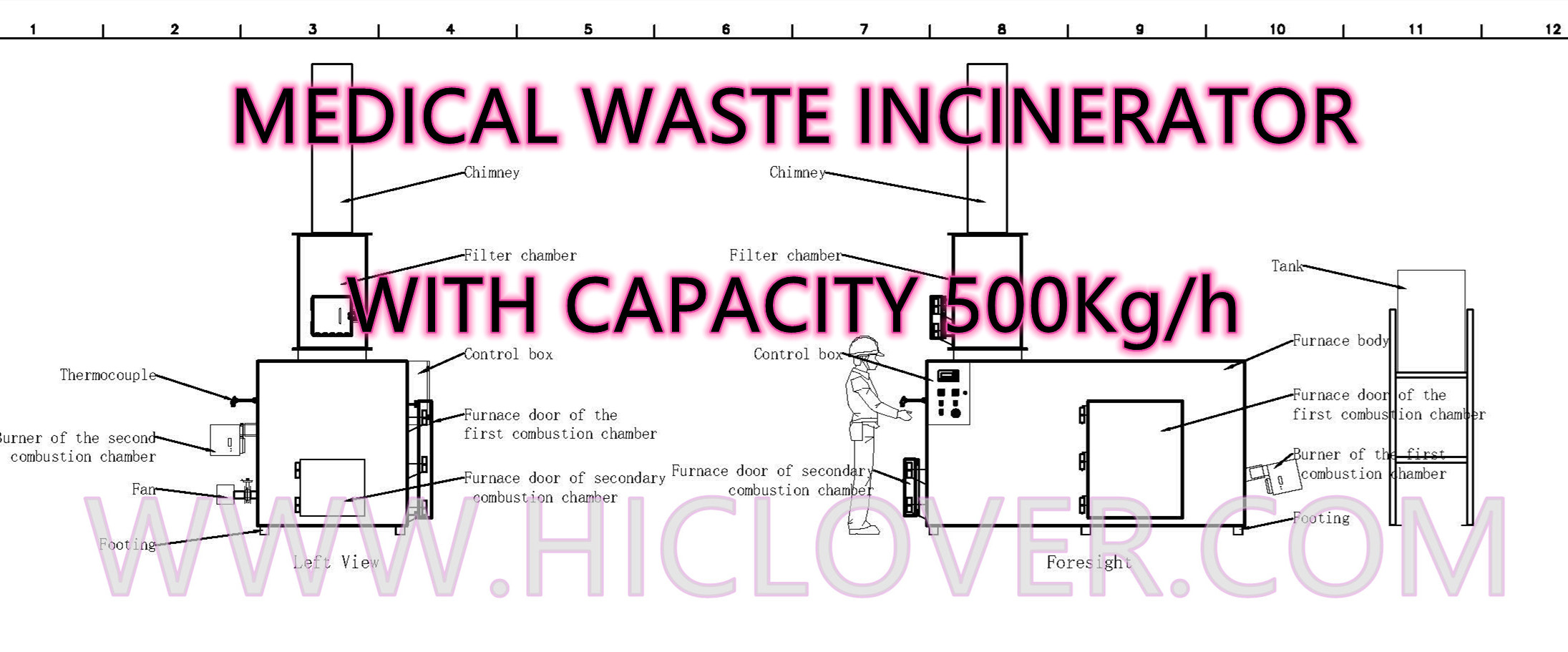Pharmaceutical incinerators are an important tool for the healthcare industry, as they help to properly dispose of expired, unused, or contaminated medications, ensuring that they do not pose a risk to public health and safety. However, when it comes to using pharmaceutical incinerators, regulatory compliance is critical to ensure that the process is being carried out in a safe and environmentally responsible manner.
Regulatory compliance refers to the adherence to laws, regulations, guidelines, and specifications set by governing bodies, such as the Environmental Protection Agency (EPA), the Food and Drug Administration (FDA), and the Occupational Safety and Health Administration (OSHA). It is crucial for pharmaceutical facilities to comply with these regulations to avoid fines and penalties, as well as to protect the environment and the well-being of employees and the public.
When it comes to pharmaceutical incinerators, there are several key regulations that must be followed to ensure compliance. These include:
1. Emission Standards: Pharmaceutical incinerators must meet strict emission standards set by the EPA to limit the release of harmful pollutants into the air. This includes the control of particulate matter, acid gases, nitrogen oxides, and other pollutants that can have a negative impact on air quality and human health.
2. Waste Handling and Disposal: The disposal of pharmaceutical waste must be carried out in accordance with the EPA’s Resource Conservation and Recovery Act (RCRA) regulations. This includes properly segregating, labeling, and storing pharmaceutical waste and ensuring that it is transported and disposed of by licensed facilities.
3. Occupational Safety: OSHA regulations must be followed to protect the health and safety of employees who work with pharmaceutical incinerators. This includes providing proper training, personal protective equipment, and ensuring that the incinerator is operated in a safe manner to minimize the risk of accidents and exposure to hazardous materials.
4. Record-Keeping and Reporting: Pharmaceutical facilities must maintain detailed records of their incineration activities and emissions, and may be required to report this information to regulatory agencies. This helps to ensure transparency and accountability in the management of pharmaceutical waste.
To ensure compliance with these regulations, pharmaceutical facilities should work closely with incinerator manufacturers and service providers who are knowledgeable about the specific requirements for pharmaceutical waste disposal. They can provide guidance on the selection, installation, and operation of pharmaceutical incinerators to ensure that they meet all regulatory standards.
In addition to working with experienced providers, pharmaceutical facilities should invest in ongoing training and education for their staff to ensure that they are up to date on the latest regulatory requirements and best practices for pharmaceutical waste disposal. This can help to prevent costly mistakes and ensure that the incineration process is carried out in a responsible and compliant manner.
Overall, regulatory compliance is a critical consideration for pharmaceutical facilities when it comes to using incinerators for waste disposal. By understanding and adhering to the relevant regulations, pharmaceutical facilities can ensure that their incineration activities are carried out in a safe, environmentally responsible, and compliant manner. This not only helps to protect public health and safety, but also helps to safeguard the reputation and operations of the facility.



